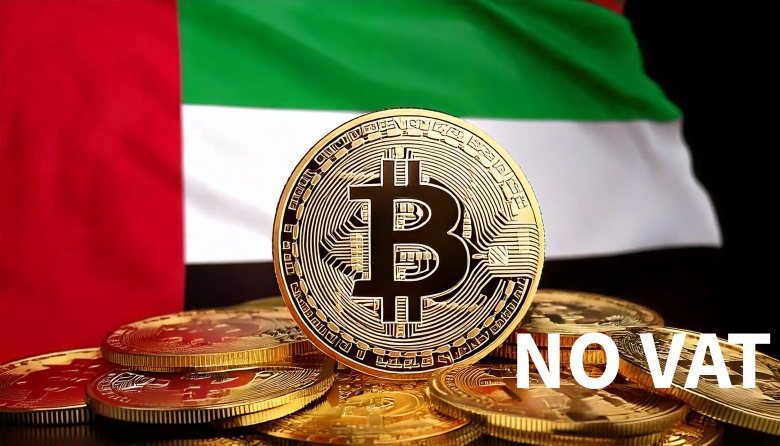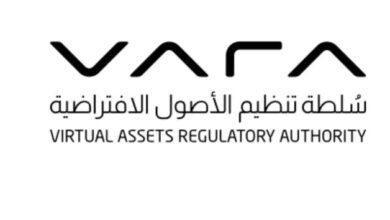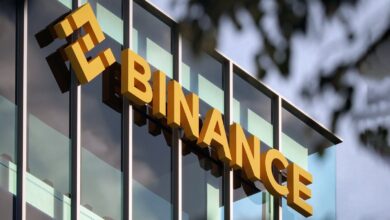UAE Introduces VAT Amendments: Digital Assets Now Treated Like Traditional Financial Services
VAT Exemptions for Digital Assets in the UAE

In a major regulatory update, the UAE government has announced amendments to its VAT Executive Regulation, introducing new rules that now treat digital assets like traditional financial services in terms of VAT exemptions. These amendments are part of the UAE’s continued efforts to build a crypto-friendly environment, offering greater clarity and reducing the tax burden on businesses operating in the digital asset space.
Effective from October 2024, this update covers crypto-to-crypto transfers and conversions, making them VAT-exempt in a move that is expected to promote the use of digital assets and attract more blockchain businesses to the region.
VAT Treatment of Digital Assets: Aligning with Financial Services
The updated VAT Executive Regulation exempts cryptocurrency transactions, particularly transfers and conversions, from VAT. This aligns digital assets with traditional financial services, which have long been VAT-exempt in the UAE. The changes specifically cover:
- Crypto-to-Crypto Conversions: Traders and businesses engaging in crypto exchanges can now benefit from VAT exemptions when converting one cryptocurrency into another.
- VAT-Free Transfers: Any crypto transfers, whether for payment or investment purposes, are also exempt from VAT, much like traditional financial services such as bank transfers.
By extending these exemptions, the UAE aims to encourage more digital asset transactions, reduce operational complexity for businesses, and attract foreign investments into its growing crypto market.
A Strategic Step for the UAE’s Digital Economy
This VAT exemption supports the UAE’s strategy to build a global hub for digital assets and blockchain technologies. The decision to treat crypto activities similarly to financial services is expected to drive blockchain-based businesses to set up operations in the region, boosting the digital economy. As the UAE continues to offer regulatory clarity, more investors and companies are likely to explore opportunities in the country’s crypto-friendly environment.
The move also reflects international best practices, where financial services are generally VAT-exempt. By extending this to digital assets, the UAE strengthens its position as a forward-thinking leader in digital finance.
What Crypto Firms Should Consider?
For businesses involved in crypto mining, trading, and exchanges, the VAT exemption offers substantial financial advantages. The exemption for crypto-to-crypto conversions and asset transfers means that companies can operate more efficiently without worrying about VAT complications.
However, firms must still ensure compliance with other tax obligations, especially in areas not covered by the exemptions. Businesses involved in crypto mining, for instance, may still face VAT liabilities depending on their activities. As a result, consulting with tax professionals remains essential to fully understand the scope of these regulations and ensure proper reporting.
Strengthening the UAE’s Role as a Crypto Hub
The UAE’s decision to treat digital assets like traditional financial services in terms of VAT exemptions marks a significant step in enhancing the country’s attractiveness to crypto and blockchain businesses. This regulatory clarity not only reduces the tax burden on companies involved in crypto transfers and conversions, but also aligns with the UAE’s long-term vision to build a global center for digital finance.
With the VAT exemption in place, the UAE is poised to attract more foreign investment and continue its leadership in the blockchain space, supporting the growth of the digital asset economy in the region.





